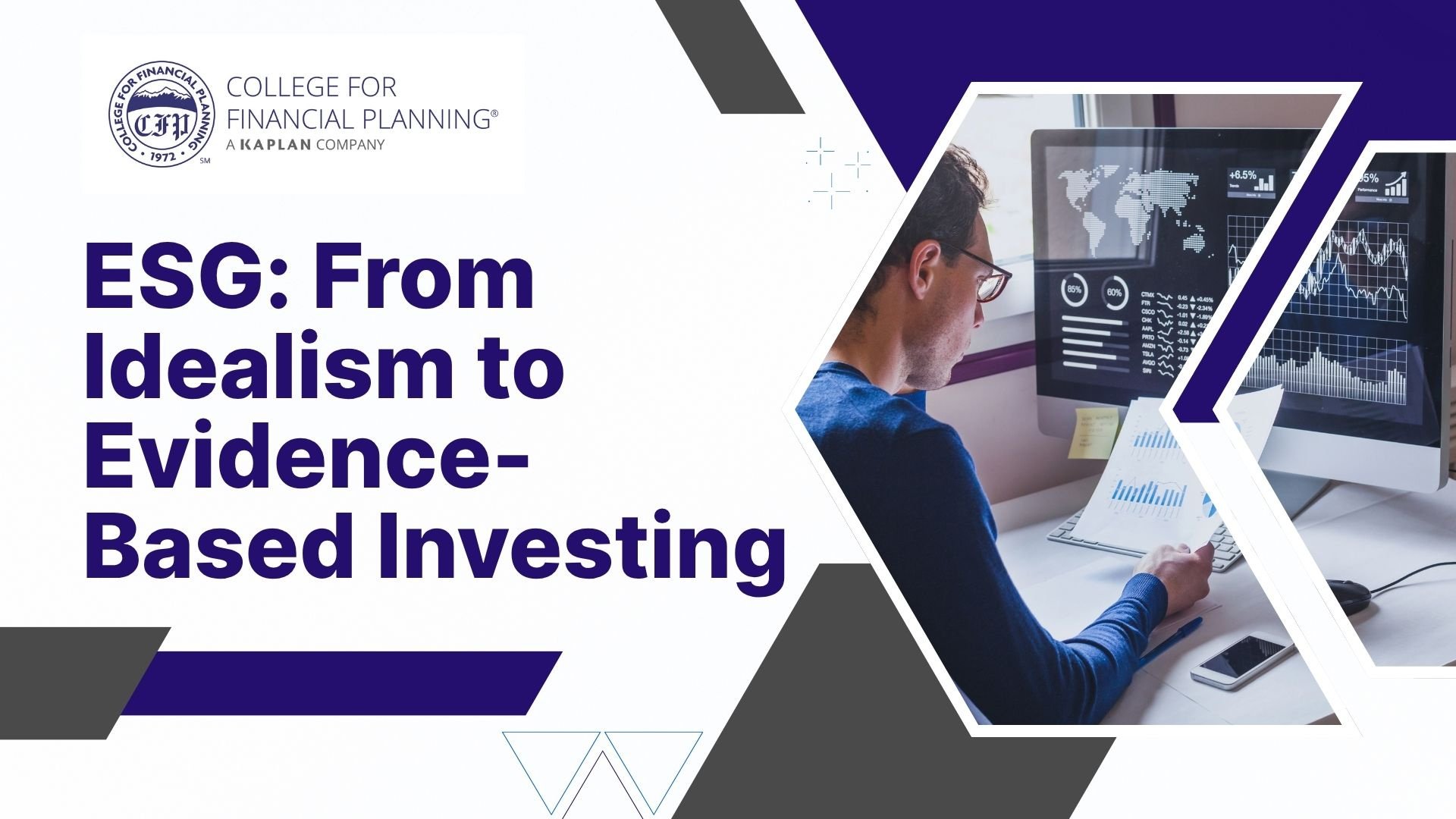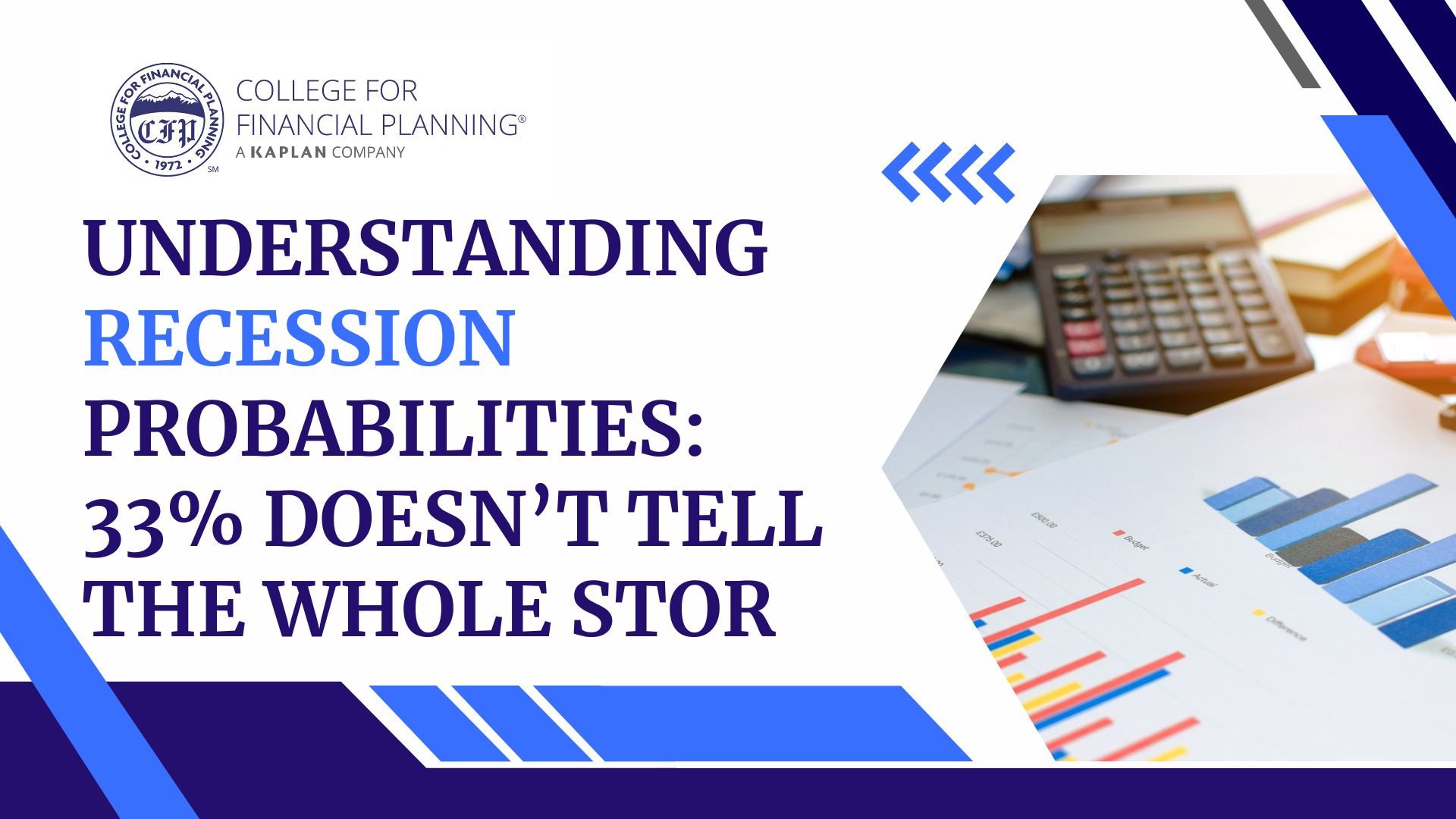Best Of
Publications in ESG: From Idealism to Integration
Over the last two decades, ESG (Environmental, Social, and Governance) has evolved from a niche movement to a defining force in modern finance. But as new research shows, ESG may be entering a new and more honest phase.
In early studies such as Chen, Song, & Gao (2023), strong ESG scores were found to boost financial performance by reducing risk and building trust with investors. Das, Chatterjee, Ruf, & Sunder (2018, 2024) reinforced this idea, socially responsible mutual funds often performed better during crises, suggesting that “doing good” helps firms weather uncertainty.
Then came a new wave of inquiry. Fang, Nie, & Shen (2023) linked digital transformation to higher ESG performance, showing how technology strengthens transparency and governance. Meanwhile, Chen & Xie (2022) found that investor preferences matter; ESG disclosure attracts capital only when investors truly value it.
The biggest shake-up came from Alex Edmans (2022) and Giglio et al. (2025). Edmans argued that ESG isn’t special; it’s just smart investing. In his view, long-term value creation naturally includes ESG considerations. Giglio and colleagues went further: many investors expect ESG to underperform, yet invest anyway for ethical or climate reasons.
Finally, Sun, Zhao, & Cao (2024) peeled back the curtain on corporate reporting itself. Their research found that high-ESG firms use a positive tone to signal integrity, while others use optimistic language to mask weaknesses. ESG is as much about communication as it is about performance.
Together, these studies suggest that ESG is maturing from a moral ideal to a pragmatic, evidence-based practice. The next challenge isn’t just proving ESG works; it’s defining what it really means in a post-hype era.
Discussion Question
As ESG becomes more mainstream and more scrutinized, should financial professionals treat it as a moral imperative or simply a long-term investment strategy?
References
Chen, S., Song, Y., & Gao, P. (2023). Environmental, social, and governance (ESG) performance and financial outcomes: Analyzing the impact of ESG on financial performance. Journal of Environmental Management, 345, 118829.
Fang, M., Nie, H., & Shen, X. (2023). Can enterprise digitization improve ESG performance? Economic Modelling, 118, 106101.
Chen, Z., & Xie, G. (2022). ESG disclosure and financial performance: Moderating role of ESG investors. International Review of Financial Analysis, 83, 102291.
Edmans, A. (2023). The end of ESG. Financial Management, 52(1), 3–17. https://doi.org/10.1111/fima.12413
Giglio, S., Maggiori, M., Stroebel, J., Tan, Z., Utkus, S., & Xu, X. (2025). Four facts about ESG beliefs and investor portfolios. Journal of Financial Economics, 164, 103984.
Das, N., Ruf, B., Chatterjee, S., & Sunder, A. (2024). Fund characteristics and performances of socially responsible mutual funds: Do ESG ratings play a role? Journal of Financial Planning, 17(1), 45–62.
Das, N., Chatterjee, S., Sunder, A., & Ruf, B. (2018). ESG ratings and the performance of socially responsible mutual funds: A panel study. Journal of Finance Issues, 17(1), 49–57.
Giese, G., Lee, L.-E., Melas, D., Nagy, Z., & Nishikawa, L. (2019). Foundations of ESG investing: How ESG affects equity valuation, risk, and performance. Journal of Portfolio Management, 45(5), 69–83. https://doi.org/10.3905/jpm.2019.45.5.069
Clément, A., Robinot, E., & Trespeuch, L. (2023). The use of ESG scores in academic literature: A systematic literature review. Journal of Enterprising Communities: People and Places in the Global Economy, 17(3), 455–478. https://doi.org/10.1108/JEC-10-2022-0147
Sun, Y., Zhao, D., & Cao, Y. (2024). The impact of ESG performance, reporting framework, and reporting assurance on the tone of ESG disclosures: Evidence from Chinese listed firms. Journal of Cleaner Production, 466, 142698.
Recession Forecast: Understanding the Numbers Behind the Headlines
Recession Forecast: Understanding the Numbers Behind the Headlines
Forecasting recessions is one of the toughest challenges in economics. Even with sophisticated models, economists, policymakers, and investors rarely get both the timing and severity of downturns right. A recent benchmark comes from The Wall Street Journal’s Oct 2025 survey of economists, which estimated a 33% probability of a U.S. recession within the next 12 months.
Putting 33% in Context
At first glance, 33% may seem high, but without context, it’s hard to interpret. Historically, there’s always been a “baseline” probability of around 15% that a recession will begin in any given year. That baseline comes from history: since World War II, the U.S. has experienced 13 recessions over roughly 80 years, which works out to about one every seven years. This means a moderate level of recession risk always exists, even during seemingly stable periods.
Why Forecasts Should Inform, Not Dictate, Investment Decisions
Recession probabilities, such as 15% or 33%, can provide helpful context for understanding economic conditions, but they should not drive short-term investment decisions.
Economic forecasts shift frequently as new data emerges, and even seasoned professionals can’t consistently predict market turns. In fact, the “Crystal Ball Challenge” experiment demonstrated that even when participants knew tomorrow’s news in advance, their trading success rate was just 51.5% (barely better than chance), and many still lost money through poor risk management (Haghani & White, 2024).
The takeaway? If investing is difficult even with perfect foresight, relying on forecasts alone is an even weaker foundation for long-term decision-making.
References
Haghani, V., & White, J. (2024, September 23). When a crystal ball isn’t enough to make you rich.



